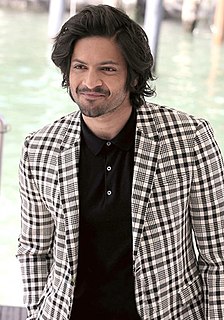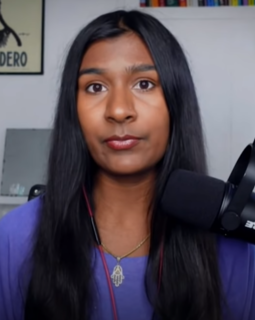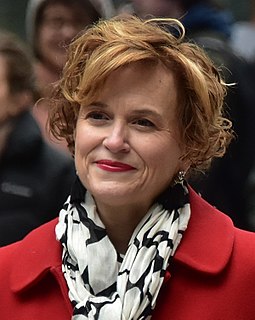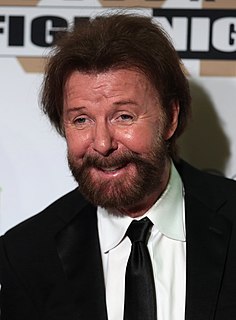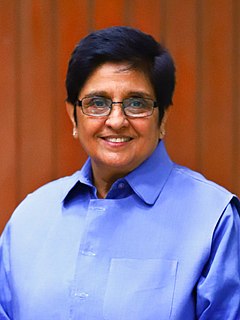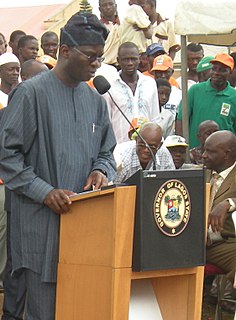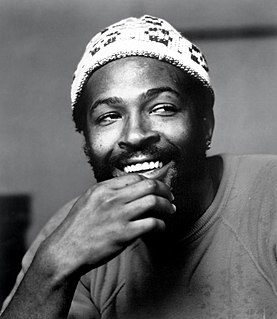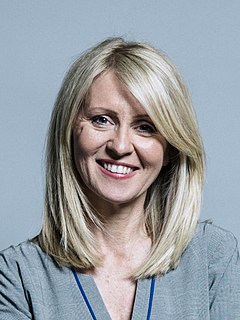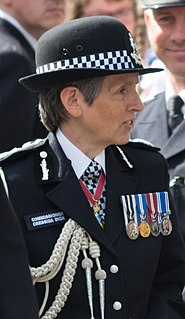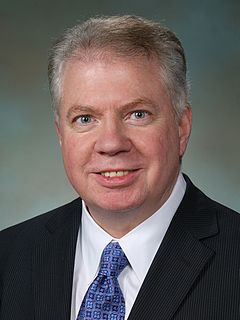Top 192 Policing Quotes & Sayings
Explore popular Policing quotes.
Last updated on April 14, 2025.
In Baltimore they can't do police work to save their lives. Now because of Freddie Gray they're not even getting out of the car and policing corners - they're on a job slowdown, basically. Right now if the police stopped being brutal, if we got police shooting under control, and the use of excessive force, if we have a meaningful societal response to all that stuff, and the racism that underlies it, the question still remains: what are they policing, and why?
How do you think policing is in places like China, or North Korea? Whatever we experience, in terms of our policing, I also wanted to make known that the rest of the world suffers ten times more because of that power dynamic; because of the fact that there is no Posse Comitatus in other places which is what prevents in our country, or what is supposed to prevent the military from taking on a policing role of its own people.
For me, in trying to talk about something like policing, it's such a huge issue, and it's an issue that's very local and very personalized to communities, to cities, to legislators, and so, in that way, I think as we started looking into talking about policing, the thing that you realize is that you can't paint everything with the same brush.
When we look at cities across the country, Cincinnati, for example, where they have come under DOJ guidance with a consent decree, we see that, over time, there has been a transformation in the relationship between the police and the community, where now they have a partnership and true collaborative policing, co-policing, to make the community safer overall.
Chicago is where the whole idea of community policing began. It remains the - the best and the most comprehensive approach we have in changing the everyday conditions that breed crime and violence - and then breed mistrust. We have more work to do. We need better training to live up to the values and the principles of community policing.
Policing has to be done compassionately and consistently. You cannot police differently in Harlem than you're policing downtown. The same laws must apply. The same procedures must be employed. Certain areas at certain times may have more significant crime and require more police presence or more assertiveness, but it has to be balanced.

